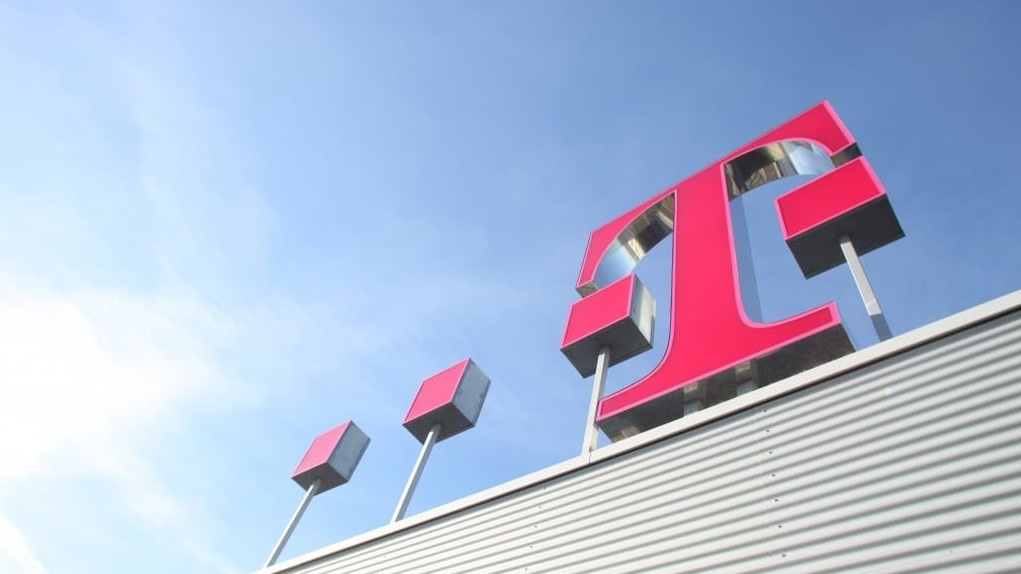T-Mobile US pays $4.4 billion for UScellularT-Mobile US pays $4.4 billion for UScellular
T-Mobile US has inked a $4.4 billion cash and debt deal to acquire UScellular's mobile operations and certain spectrum assets, and has agreed a deal for access to its portfolio of towers.
May 28, 2024

The move effectively marks UScellular's exit from the US mobile market. It will retain some assets – towers and spectrum, mainly – but its days as an MNO are now numbered. Meanwhile, T-Mobile US picks up frequency licences that it needs to boost its network coverage and capacity, as well as its stores and 4.5 million retail customers.
The sale of UScellular has been on the cards for some time. Last summer the telco and its parent company TDS disclosed that they were undertaking a strategic review of the mobile business, triggering much wagging of tongues over a possible sale.
T-Mobile US was one of those named as a likely buyer, UScellular's spectrum assets being a major draw. Earlier this month the Wall Street Journal's sources detailed a scenario in which T-Mobile US and Verizon were separately working on deals for various parts of the business, the thinking being that by splitting the assets between them they would be better able to tackle regulatory hurdles.
The paper appears to have missed the mark a little, T-Mobile US having agreed to pay more than the $2 billion-plus it suggested – although arguably "more than $2 billion" left a fair amount of wiggle room – but in essence, the story has come to fruition. The paper noted that T-Mobile was further along in the process than Verizon, and made the point that the latter might not end up reaching a deal at all. But we can't yet say that that's the case.
Indeed, UScellular notes that it will retain around 70% of its spectrum assets following the T-Mobile deal "and will seek to opportunistically monetize these retained assets." That phrase covers a lot of bases, one of which would well be a sale to another telco, regulations permitting.
But for now, this sale is all about T-Mobile.
"Bringing together UScellular's network resources with ours will enable us to fill gaps in connectivity that will create a better experience for all of our customers with more coverage and more capacity," said T-Mobile US chief executive Mike Sievert, in a statement published by UScellular.
Sievert waxed more lyrical in T-Mobile's own release on the matter though, going as far as to suggest that the deal will benefit all US mobile users.
"As customers from both companies will get more coverage and more capacity from our combined footprint, our competitors will be forced to keep up – and even more consumers will benefit," he said. One to pique the regulators' interest, maybe.
That said, the deal should be good news for UScellular's customers in rural areas, who will benefit from full access to T-Mobile's network infrastructure. As UScellular itself intimated, serving those remote areas is starting to become too costly an endeavour to those without the deep pockets and the scale of the big, nationwide operators.
"In the face of rising competition and increasing capital intensity required to keep pace with the latest technologies, and following our careful and deliberate strategic review, we are confident that continuing to deliver on our mission requires a level of scale and investment that is best achieved by integrating our wireless operations with those of T-Mobile," said LeRoy Carlson, chairman of the UScellular board.
"T-Mobile has the resources to provide UScellular's customers with an unparalleled network experience, lower prices and higher-quality services," Carlson said. "We are pleased that T-Mobile also shares our commitment to bringing best-in-class connectivity to rural Americans, who today comprise nearly 40% percent of the population that UScellular serves."
In addition to agreeing to buy UScellular's operations, T-Mobile has also brokered a towers deal. It will sign a new, long-term master lease agreement on 2,015 towers owned by UScellular and extend the lease term on 600 towers where it is already a tenant. As a result, UScellular gets a long-term revenue stream from an anchor tenant for at least 15 years after the closure of the transaction. It insists that that, plus the towers where it hosts other third-party tenants, gives it "one of the largest and most attractive tower businesses" in the country.
It is not yet clear whether TDS and UScellular are shop windowing that towers business, or whether they expect to stay in the market. Doubtless we will discover more on that front, and with regard to the firm's remaining spectrum assets, in due course.
In the meantime, the company is working towards closing the T-Mobile deal in mid-2025, subject to regulatory approval. If all goes well, the US then loses another well-established name from its mobile operator market as the big three get bigger.
About the Author
You May Also Like










.png?width=300&auto=webp&quality=80&disable=upscale)


_1.jpg?width=300&auto=webp&quality=80&disable=upscale)